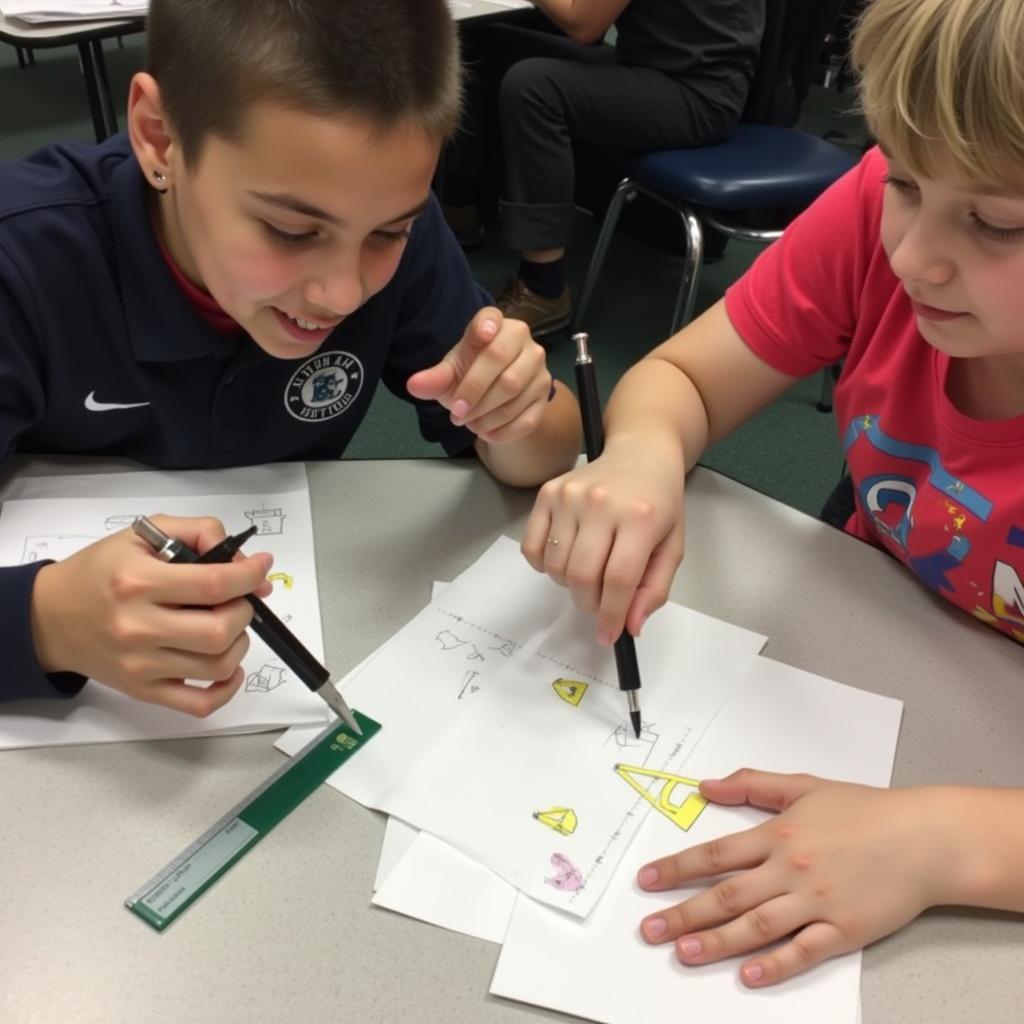“Child, you must remember, when facing danger, you must know how to protect yourself.” – A familiar saying from parents, but do children truly understand and know how to prevent school bullying?
Understanding School Bullying
School bullying is a serious issue that affects the health, psychology, and future of our children. It can manifest in many forms, from words and actions to cyberbullying. Children who experience school bullying often face issues such as depression, anxiety, fear, low self-esteem, and even suicidal thoughts.
“
Causes of School Bullying
According to education expert Teacher Nguyen Van A, author of the book “Education – The Path to Happiness”, there are many causes leading to school bullying.
“
1. Differences in culture and family background: Children from different family backgrounds and cultures are more prone to conflicts and violence. 2. Academic pressure: Excessive academic pressure can make children stressed, easily agitated, and prone to aggression. 3. Lack of communication skills: Lack of communication skills and inability to resolve conflicts can easily lead to violence. 4. Environmental influence: Unstable family and social environments, and lack of adult attention are also major contributing factors.
How to Prevent School Bullying
Effective school bullying prevention requires the joint efforts of families, schools, and society.
“
1. Raise awareness: Families and schools need to educate children and students about the harms of school bullying, how to prevent it, and how to handle dangerous situations. 2. Build a safe environment: Schools need to create a safe, healthy, and respectful learning environment that respects children’s rights. 3. Encourage communication: Encourage children to share their feelings and difficulties with family, teachers, and friends. 4. Build life skills: Equip children with life skills to help them resolve conflicts and handle situations calmly and effectively.
Frequently Asked Questions
“How to recognize if a child is being bullied at school?”
- Unusual changes in psychology and behavior: Children often become depressed, anxious, fearful, have low self-esteem, are irritable, skip school, are lazy to study, have declining academic performance, and show signs of self-harm.
- Appearance of injuries and bruises: Children may be hit, injured, and have bruises or scratches on their body.
- Changes in habits: Children may change their living, eating, and sleeping habits, frequently ask for money, and have many strange items.
“What should be done when school bullying is detected?”
- Talk to the child: Spend time talking to the child, listen to their sharing, show empathy and comfort.
- Contact the school: Report the situation to teachers and school administrators so they can provide support and intervene promptly.
- Encourage the child to report: Encourage the child to bravely speak out and report acts of violence.
- Seek professional support: If necessary, seek support from psychologists and medical professionals to help the child overcome shock and recover psychologically.
Conclusion
School bullying is an issue that needs serious attention and resolution. Let’s join hands to create a safe and healthy educational environment for our children. Always remember, protecting children is everyone’s responsibility!
Note: This article is for informational purposes only. If you or a loved one is experiencing issues related to school bullying, please contact the authorities or mental health professionals for timely support.
